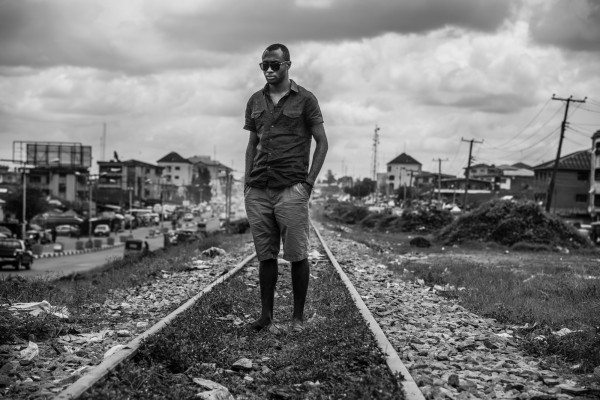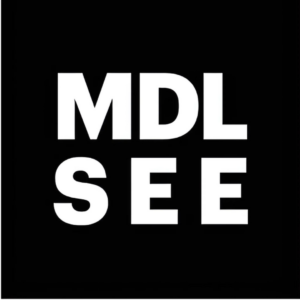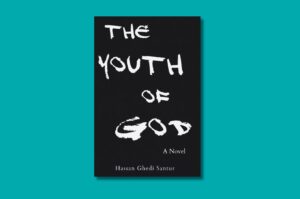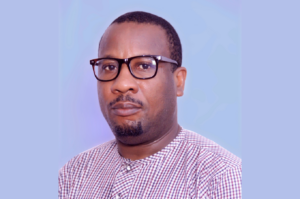In August, we brought you news about the Saraba Manuscript Award—an exciting publishing opportunity open to Nigerian writers. [click here if you missed it]
In order to “promote writers at the earliest stages of their career,” Saraba Magazine is offering 500 dollars, plus a publishing deal for fiction and non-fiction works. Application is currently open until Dec. 19.
We caught up with Emmanuel Iduma, who is the Director of Saraba Trust, to tell us more about the award, what inspired it, and what impact they see it having in the Nigerian literary scene.
***
Congrats on the Saraba Manuscript award. How has it been received in the African literary community?
Quite well, if I can say so from the position I occupy.
Can you tell us about the Saraba project as a whole—for those of our readers who may not know about all the wonderful things your team is doing to promote Nigerian literature?
The entire premise of Saraba is to showcase great writing by writers working at early stages of their career. When Saraba was founded—by writers who had recently begun to take their writing seriously—it was driven by a great deal of naiveté and enthusiasm. None of that has changed, despite increasing visibility for the work of our editors. What we strive to do yearly is publish six new publications. Our flagship project was the magazine, then we introduced poetry chapbooks, and now we work with organizations to develop special issues.
We’ve always wondered about the name, Saraba. How did it come about?
A friend of ours, Itunu Akande, wrote “Bloody Sabbath,” a poem where he invoked the word “Saraba.” (We re-published it in our first anniversary issue.) It means something intractable in Japanese. For us, the intractability of our name is ridiculously attractive, suggesting that our agenda is being refined on the go.
Speaking of “on the go”, the African publishing industry is still working its way up to establish a vibrant literary market. What would you say is the state of things in Nigeria?
It will take time to get to where New York or London is. I hesitate to proffer names, but the seed of greatness is being sown, everywhere you turn. It’s okay to express dissatisfaction, or to throw invectives (like saying West Africans don’t read!), but many wonderful things are taking shape. The real work is to be persistent, focused, and to think innovatively.
Given that the contemporary African literary scene and market is dominated by fiction, why did you open the competition to non-fiction writers?
If we’re serious about a robust literary ecosystem in Nigeria, we cannot perpetuate the false hierarchy between fiction and nonfiction. A distinction is necessary, but only to begin conversations about what forms quality writing can take.
Is there any aspect of your experience as a published novelist that inspires your involvement in this project?
I was published at 23, and it had an incredible impact on my confidence as a writer. I still struggle with immense self-doubt, but it’s certainly not the kind you have before your first work is accepted for publication. Writers need others to tell them their effort is real, and worth it. I don’t like the mainstream idea of “validation,” or “success,” but what I’m saying comes close to those words. As a writer, you’ll need to be told you’re being read, so you can keep working, although the process never becomes easier. I hope with the manuscript project we can increase the visibility of talented Nigerian writers.
Why did the Saraba Trust decide to set up a manuscript award instead of yet another literary prize?
A manuscript award allows us to work with the writers from start to finish. We’re not interested in perfect work, or an ego that cannot be bruised.
The prize offers a hundred thousand naira, a publishing deal, reading tours, and publicity campaign. That’s a lot. How does Saraba plan to fund such an amazing package?
Thankfully, we received seed funding from the Miles Morland Foundation. We’re interested in seeking out more funding partners—see our donation page!
Going by the submissions we receive here at Brittle Paper, there is a lot of writing taking place in Nigerian universities. Are you hoping that this crop of really young writers would submit their work?
Certainly. Please tell them to send in their work!
There have been discussions about opening up more publishing opportunities for secondary school students. Does Saraba have any plans for that in the near future?
Yes, if five years counts as “near future.”
Can you give us any inside scoop on what Saraba is looking for in the winning manuscript?
Good writing, and the potential for excellent writing. Interested entrants can see the FAQs here, and we’ll be sharing more tips here
***
Thanks to Mr. Iduma for taking the time to chat with us. We think this opportunity is worth taking and encourage aspiring writers to consider entering the competition.










Interview | Emmanuel Iduma on Saraba’s Newly Launched Manuscript Award | November 16, 2015 06:31
[…] Originally published on Brittlepaper.com […]